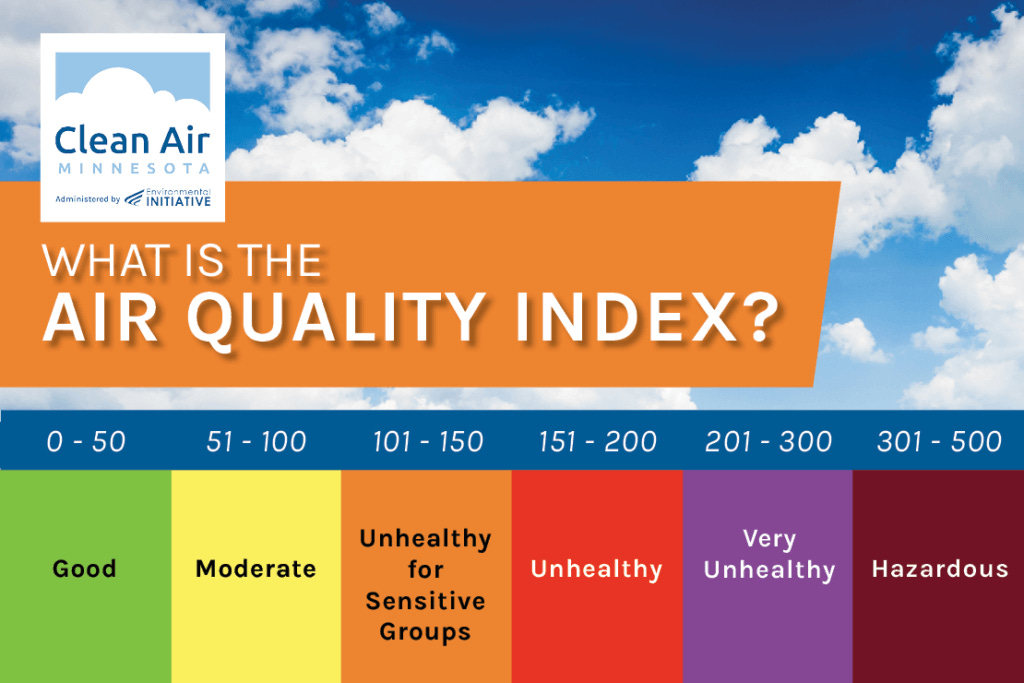Air quality is often discussed in the context of physical health, such as respiratory problems, but its impact on mental well-being is often overlooked. Research proves that poor air quality can significantly affect mental health, contributing to conditions such as anxiety, depression, and cognitive decline. Though it might seem like a stretch, this article will show you exactly why.
Exposure to pollutants such as particulate matter, nitrogen dioxide, and volatile organic compounds can lead to inflammatory responses in the brain. As a result, studies have shown that individuals living in areas with high pollution levels report higher instances of anxiety and depressive disorders. Children exposed to poor air quality are at a greater risk of developing behavioral issues and cognitive impairments, too.
What’s behind this? Pollutants can disrupt neurotransmitter function and alter brain structure, influencing mood regulation and cognitive processes. Additionally, the stress associated with living in polluted environments can further worsen a plethora of mental health issues.
In fact, improving air quality can actually have immediate benefits for mental health. Initiatives aimed at reducing emissions and promoting clean air policies are crucial for developing healthier communities in areas that may be formerly polluted. Public awareness about the mental health implications of air quality can also encourage individuals to advocate for better environmental practices - in fact, this article is a small attempt at public awareness, since you’re reading and understanding it!
As we navigate the challenges of urbanization and industrialization, acknowledging the link between air quality and mental health is essential. By prioritizing clean air, we can enhance not only physical health but also mental resilience!
Written by Azzy Xiang from MEDILOQUY




